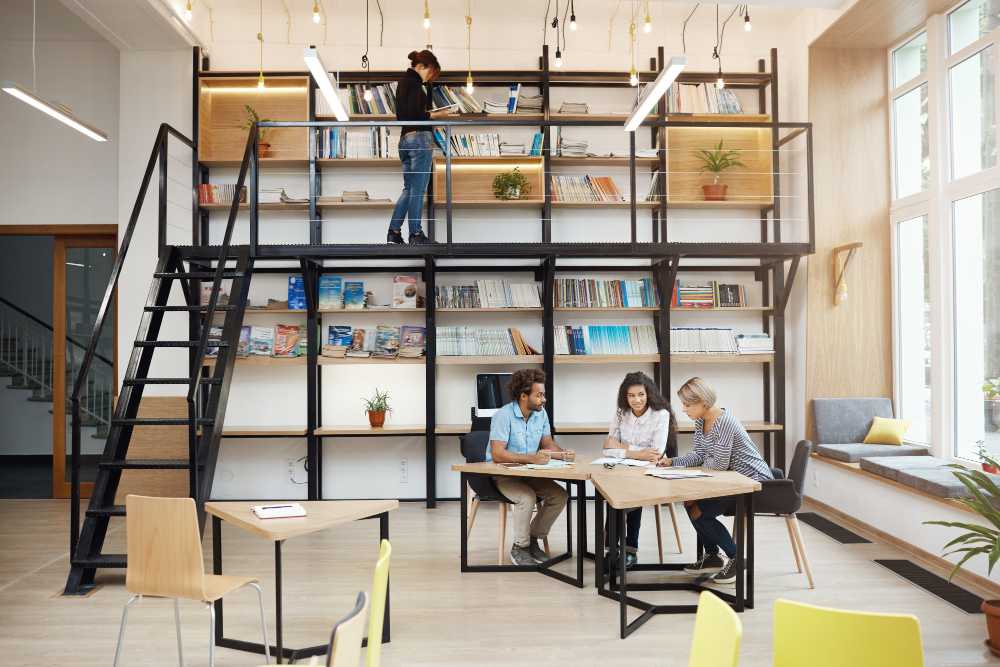Modular construction has been gaining ground in the world of commercial development and for a good reason. In simple terms, this method involves building sections of a structure off-site in a factory and then transporting those sections to the site for final assembly. Office buildings are prime candidates for modular construction due to cost savings, reduced build time and a high degree of customization. In this blog, we will discuss why more businesses are considering modular office buildings.
1. Faster Project Completion
Traditional construction often faces delays because of weather, limited daylight, or unexpected site conditions. Modular construction can bypass many of these issues. Since most of the work happens in a controlled factory setting, the process is faster and not subject to the same weather setbacks. Once the modules are delivered, on-site assembly is typically quicker than a standard build. This speedy approach allows businesses to move into their new offices sooner and minimize downtime.
2. Cost Savings
Because modular construction is more efficient and less prone to delays, the overall costs can be lower compared to a regular building project. Time is money in real estate, and finishing a building faster can reduce financing costs and other expenses. Furthermore, the factory setting means less wasted material, which helps keep budgets in check. For companies looking to watch their bottom line, modular office buildings offer a financial advantage.
3. Consistent Quality Control
A factory setting offers strict oversight of every module that is produced. This method allows for close monitoring of materials, craftsmanship, and safety standards. In a traditional on-site build, weather and unpredictable conditions can affect the quality of the construction. But in a factory, builders can keep an eye on every detail. This leads to reliable, consistent results, which is especially important when constructing offices where technology and comfort need to be top-notch.
4. Flexibility in Design
Some people think modular buildings are all the same, but that is not true. Modern modular designs can be modified to match various architectural styles, floor plans, and branding needs. Whether you want large open spaces or separated offices, it is possible to tailor your layout by arranging modules to suit your specific goals. This flexibility also extends to future expansions. If your company grows, you can add more modules without doing a major overhaul.
5. Eco-Friendly Advantage
Many developers appreciate the greener footprint of modular construction. Because the parts are made in a centralized location, waste can be minimized, and leftover materials can often be recycled. Less noise and disruption on the building site means less impact on the local environment. Also, newer modular units often include energy-efficient features, resulting in lower utility bills and a building that is kinder to the planet.
Modular construction is changing the way businesses think about new office space. Quicker build times, lower costs, consistent quality and environmental benefits make it a compelling option. With the ability to customize layouts and expand easily, modular office buildings offer both practicality and adaptability. As technology advances, we can expect modular construction to become even more common in commercial projects. If you are planning a new office, this method might just be the right fit for you.

